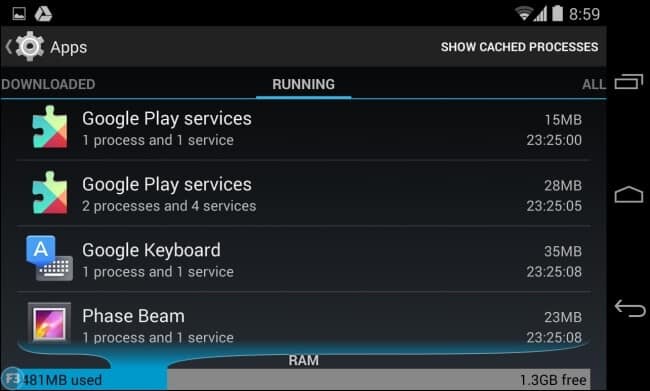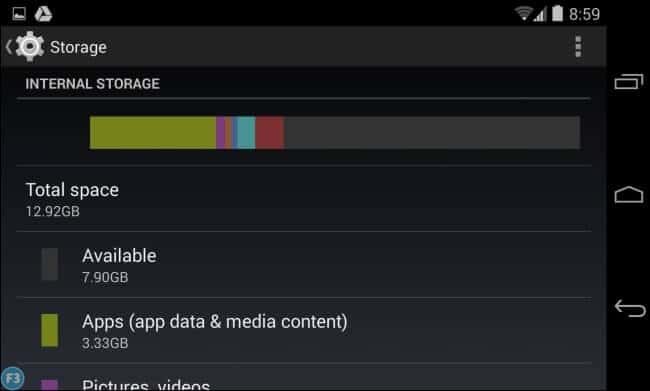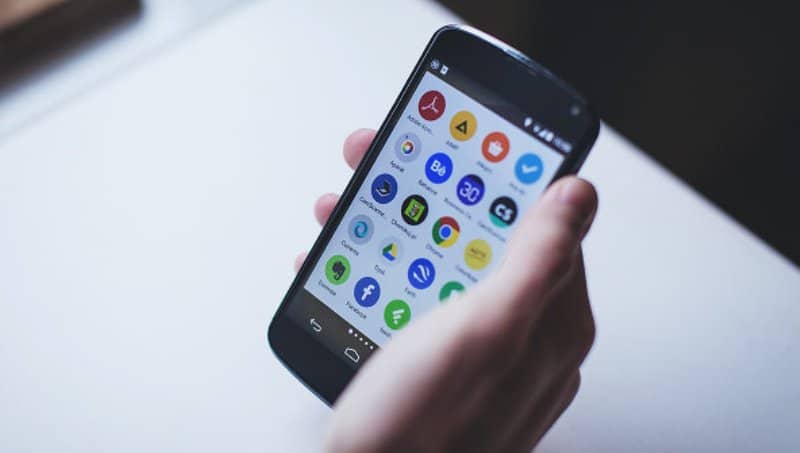Why Your Phone Speed Test Seems To Slow Down As It Ages
What Reason Your Phone Speed Test Seems To Slow Down As It Ages : Most of us slow down as we age. We’re similar to conventional machines, like old cars or hairdryers that run less efficiently as they get on in years.
But digital gadgets, particularly Phone Speed Test? We expect them to operate quickly. Forever!
In reality, Phone Speed Test performance eventually diminishes. Take my daughter’s experience with each of the iPhones she’s owned over the past several years. Once each was more than a couple of years old, they showed the telltale signs of age, including frozen screens, apps that would load slowly or not at all, and text messages that would not get delivered.
There are several reasons Phone Speed Test get sluggish. According to Mike Gikas, who has covered and tested smartphones for more than a dozen years, “The main reason why phones slow down over time is that operating-system updates often leave older hardware behind. Companies also update apps to take advantage of faster processing speeds and more efficient architectures.” What Reason Your Smartphone Seems To Slow Down As It Ages
And for owners of older models of Phone Speed Test, says Gikas, “It often means that the new version of the app they loved will run slightly slower than the older version of the same app. What’s more, features they love may no longer be supported.”
In most cases, this process is gradual, yet continual. Gikas notes how hardware on older smartphones will lose capabilities, little by little, after updates of operating systems and apps. It might start with losing one feature on an app. Then, the entire app itself won’t run. Eventually, he notes, the phone itself will lose the ability to use the app store. At that point, you’ll be unable to load or update any apps.
Here are the most common ways smartphones slow down as they age:
Older phones have lots of apps, which slow performance:
Most new phones ship with just a few apps. But once you get your new phone, who doesn’t want to load every cool new app you see? According to Android Central, it’s best to remove the ones you’re not using to avoid having them use up precious processing resources on your phone’s CPU, whether it’s an Android phone or iPhone.
Too many apps are running in the background:
Another common culprit that slows older phones is having lots of apps running in the background. It’s a surefire way to quickly drain your phone’s battery. Techtimes.com suggests exploring the settings on an Android phone to find out which apps take the biggest toll on battery life. Double tapping the home button on an iPhone allows you to see which apps are currently running, and swipe up to close them out.
Lack of storage space:
As your phone ages, you inevitably eat up most, if not all of the available storage, unless you’re obsessive about checking how much space you have left on your phone and clearing things out accordingly . But 9to5mac.com says operating a phone with little or no available storage will result in a sluggish phone-something that’s true of computers as well. Here’s a tip: Be aware of how many photos and videos you’re shooting, since they eat up space quickly. If you have too many, offload them to your computer’s hard drive or to cloud storage to free up space.
Cellular network updates only benefit new phones:
You’ll often see commercials for networks with faster speeds. But they generally won’t affect your old phone. “Cell carriers continually tweak their networks to make them faster,” says Gikas, “And there are faster WiFi standards.” But Gikas says only new phones Speed Test will experience the bump in speed, perhaps making your older model seem slow by comparison.
Perception:
Smartphone experts point to an additional reason we think our old phones run slowly. Many suggest that consumers’ expectations of new, more powerful phones actually influence their perceptions of their existing phones. “It’s psychological,” says Gikas. “The newer phones are, indeed, faster, even though it’s only by fractions of a second. But that’s enough for some people to notice that the phone in their hand seems slower than their friend’s cool new phone.”
Operating System Updates and Heavier Apps
Your Android phone doesn’t have the same software it had a year ago. If you’ve received Android operating system updates, they may not be as nicely optimized for your device and may have slowed it down. Or, your carrier or manufacturer may have added additional bloatware apps in an update, which run in the background and slow things down.
Even if you haven’t seen a single update, the apps running on your device are newer. Whether you’re using newer apps or updated versions of the same apps you were using a year ago, apps seem to become heavier over time. As developers gain access to faster smartphone hardware, games and other apps may be optimized for this faster hardware and perform worse on older devices. This seems to happen on every platform. As the years go by, websites become heavier, desktop applications want more RAM, and PC games become more demanding.
How to Fix It: There’s not much you can do here. If your operating system seems slow, you may want to install a custom ROM like CyanogenMod that doesn’t have the bloatware and slow manufacturer skins many devices include. If your apps seem slow, try hunting for more lightweight apps.
Background Processes
You’ve probably installed more apps as you continue to use your device. Some apps open at startup and run in the background, consuming CPU resources and taking up your device’s memory. If you’ve installed a lot of apps that run in the background, they can slow down your Phone Speed Test. Android offers real multitasking, so apps can run in the background.
If you’re using an animated live wallpaper and have a large amount of widgets on your home screen, these will take up CPU, graphics, and memory resources. Slim your home screen down and you’ll see an improvement.
Apps running in the background can also consume resources. To check what apps are using background processes, visit the Apps screen in the Settings app and swipe over to the Running category. If you don’t use an app that’s running in the background, uninstall it. If you can’t uninstall it because it came with your device, disable it. Don’t just end the service — it will automatically restart.
How to Fix It:
Disable live wallpapers, remove widgets, and uninstall or disable heavy apps you don’t use. In fact, you may want to uninstall all the apps you never use.

A Nearly Full File System
Solid-state drives slow down as you fill them up, so writing to the file system may be very slow if it’s almost full. This will cause Android and apps to appear to be much slower. The Storage screen in the Settings app will show you how full your device’s storage is and what’s using the space.
Cache files can consume quite a bit of storage space if allowed to grow unchecked, so clearing cache files can free up disk space and make your file system perform better. To clear cached data for all installed apps at once, open the Settings app, tap Storage, scroll down, tap Cached data, and tap OK.
How to Fix It:
Uninstall apps you don’t use, delete files you don’t need, and clear app caches to free up space. You can also just perform a factory reset and only install the apps you need to end up with a like-new device then check phone speed test.

